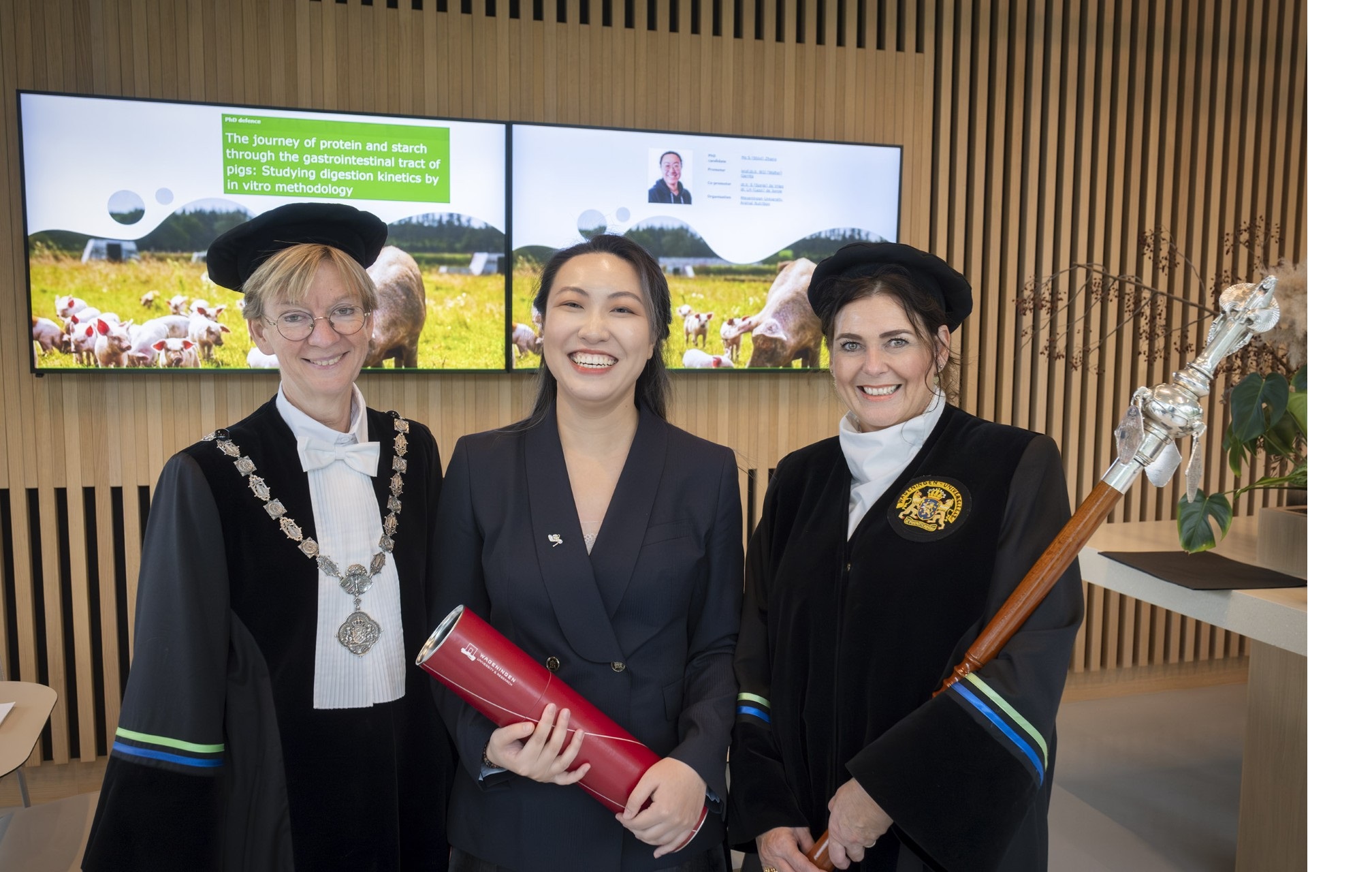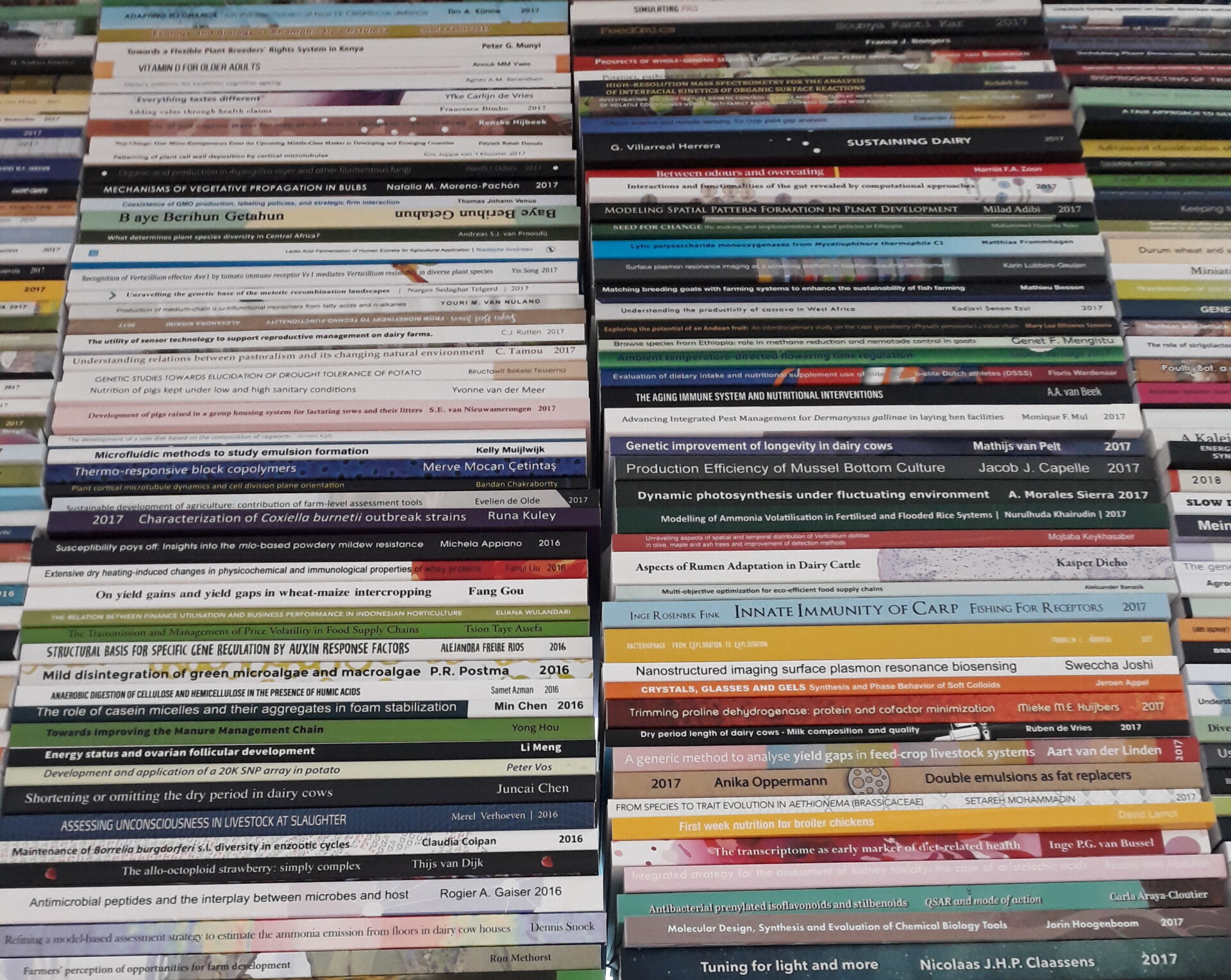Many scholarship PhD students at WUR had some financial good news this month. Their monthly grant has been made up to 1508 euros with retrospective effect from 1 July. This supplement from WUR will put them in a better position to cover their living expenses.
The 1508 euros is what is known as the IND norm (IND being the Dutch Immigration and Naturalisation Service), the minimum amount a foreign researcher should earn to qualify for a visa. Many scholarship students no longer meet the norm as their grants haven’t kept pace with the fast-rising cost of living. They are not employed by the university; instead, they depend on a grant they get from their country of origin.
Second round
WUR has more than 500 scholarship PhD students, mainly from China, Indonesia, Africa and Latin America. Just under half (234) satisfy the criteria for getting the extra money. The amount they get depends on the size of their current grant. Incidentally, the number of supplements paid will end up higher as there will be a second round in early January for PhD candidates who started at WUR in the past six months.
Inflation adjustment
The grant supplement will continue for a maximum of four years, which is how long it normally takes to complete a PhD. The financial assistance scheme does not apply to scholarship PhD students who start their PhD next year. WUR is demanding that from then on the funding organizations keep the grants at least on a par with the IND norm, including with the inflation adjustment. The WUR supplements will also keep pace with the six-monthly increase in the IND norm.

 Photo Shutterstock
Photo Shutterstock 

